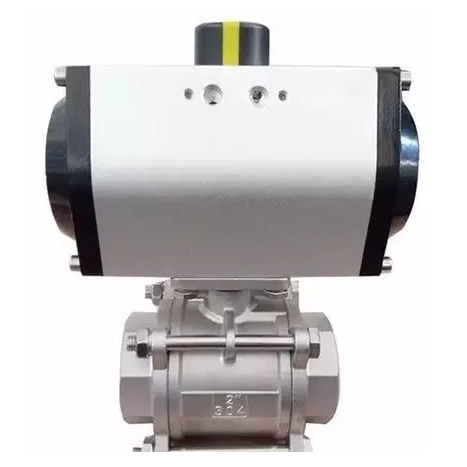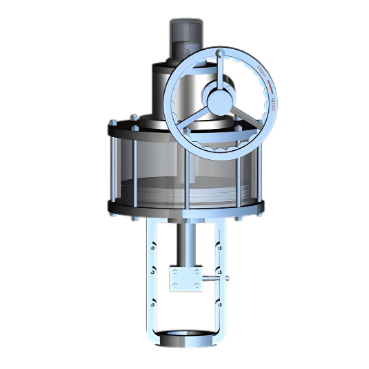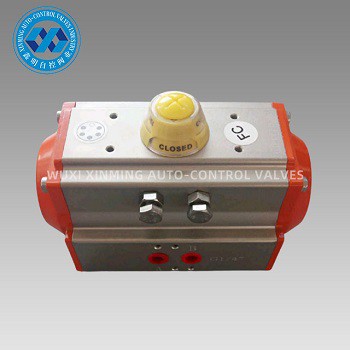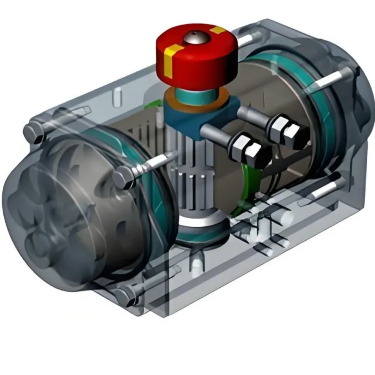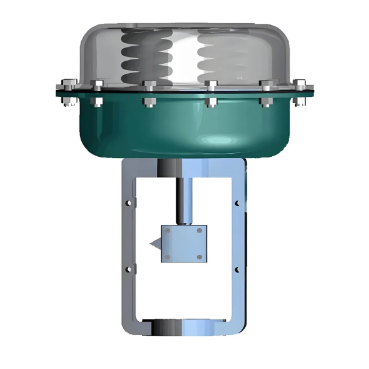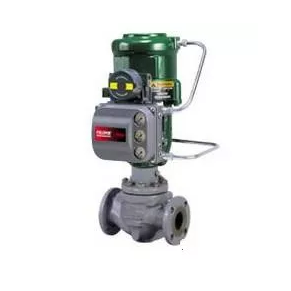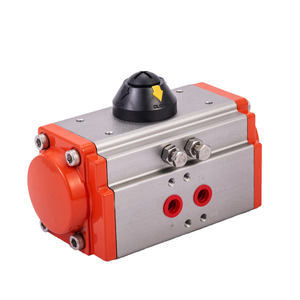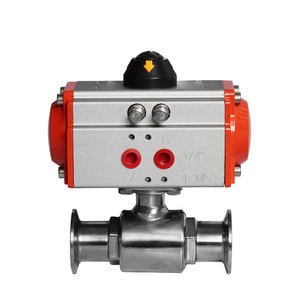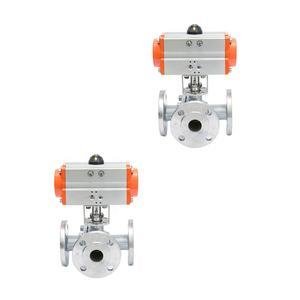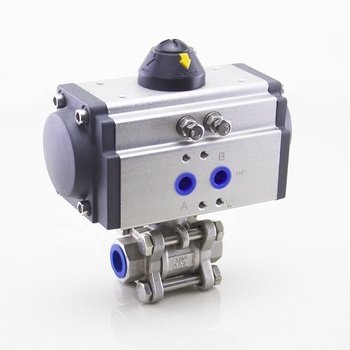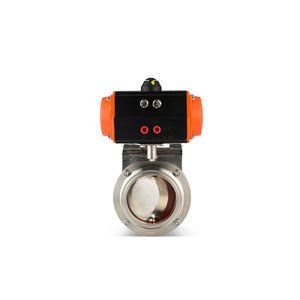Energy efficiency in pneumatic air
actuators is a crucial aspect to consider for several reasons.
Firstly, pneumatic systems can be optimized
for energy efficiency through proper design and component selection. For
example, using high - efficiency air compressors that consume less power to
generate the required air pressure can significantly reduce energy consumption.
Additionally, choosing actuators with low - friction components helps minimize
the energy loss due to mechanical resistance, allowing the actuator to perform
work more efficiently.
Secondly, energy - recovery mechanisms can
be incorporated into pneumatic systems. When the actuator retracts, the
compressed air that is released can be captured and used to pre - charge the
system or assist in other processes, rather than being wasted. This recycled
energy can contribute to overall energy savings.
However, it's important to note that
pneumatic air actuators also have some energy - inefficiency aspects. The
compression and expansion of air can lead to energy losses in the form of heat.
Moreover, leaks in the pneumatic system can cause a significant waste of
energy. Regular maintenance to detect and repair leaks promptly is essential to
maintain energy efficiency. Despite these challenges, with proper management
and the use of advanced technologies, the energy efficiency of pneumatic air
actuators can be improved, making them a more sustainable choice in various industrial
applications.
If you want to learn more about low-priced products, please visit the following website: www.xm-valveactuator.com


